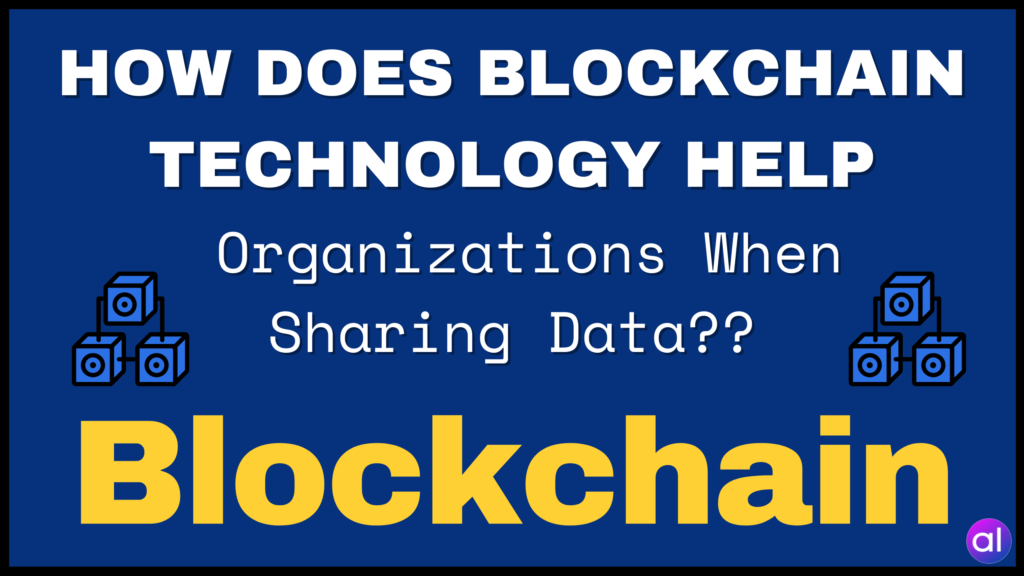
Blockchain technology has been making waves in various industries, with the financial sector being a prime example. One area that is currently buzzing with blockchain innovation is the telecom industry.
As we enter the era of 5G, telecom companies are striving to stay competitive and relevant by embracing new technologies. Blockchain is seen as a key tool to future-proof their businesses and overcome challenges that lie ahead.
Exploring Blockchain Use Cases in Telecom
The telecom industry is gearing up for the 5G revolution, aiming to disrupt the sector with innovative solutions. By leveraging blockchain technology, organizations can drive continued innovation and ensure their place at the forefront of the industry.
Here are five key blockchain use cases that are shaping the telecom industry’s transition into the 5G era:
1. Carving the future of 5G
2. Securing customer identities
3. Automation of data roaming
4. SLA monitoring
5. Facilitating Mobile Number Portability (MNP)
Carving the Future of 5G
With the rise of IoT devices, seamless connectivity is essential. 5G promises instant and frictionless connections, addressing current latency issues. Blockchain can facilitate this transition by enabling smart contracts that streamline network provisioning and offer discounted rates for improved connectivity.
Security is a major concern with 5G, and blockchain can play a crucial role in ensuring data integrity and trustworthiness. By decentralizing data transfer and verifying transactions in real-time, blockchain enhances the security of connected devices.
Securing Customer Identities
Protecting customer data is paramount for telecom companies, especially in the face of increasing cyber threats. Blockchain offers a secure and tamper-proof way to store customer identities, reducing the risk of data breaches and fraud.
Automation of Data Roaming
Blockchain can simplify the process of data roaming and settlement, eliminating intermediaries and automating billing processes. Smart contracts enable seamless transactions without human intervention, enhancing user experience and efficiency.
SLA Monitoring
Service Level Agreements are crucial for telecom providers, but monitoring them can be challenging. Blockchain smart contracts provide transparency and automation, streamlining the monitoring process and reducing disputes.
Facilitating Mobile Number Portability (MNP)
Mobile Number Portability is often a cumbersome process for consumers, with delays and disconnects between service providers. Blockchain can streamline MNP by automating processes and ensuring all providers have access to the necessary information.
Summary
Blockchain technology is revolutionizing the telecom industry, offering automation, efficiency, and security solutions. These use cases represent just the beginning of blockchain’s potential in telecom, paving the way for a more innovative and competitive sector.



